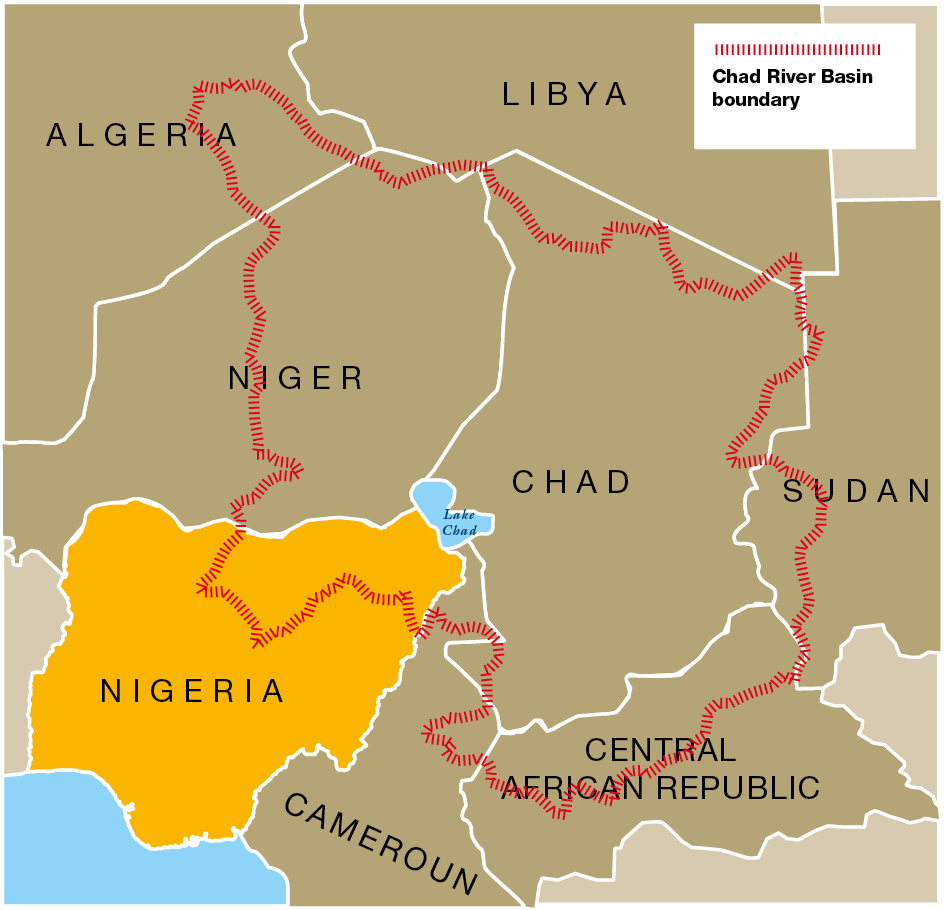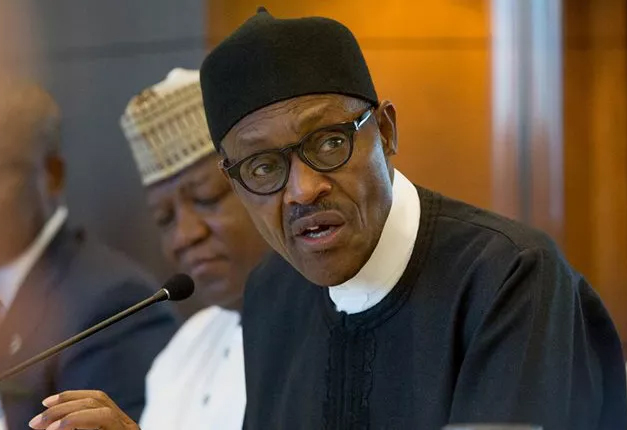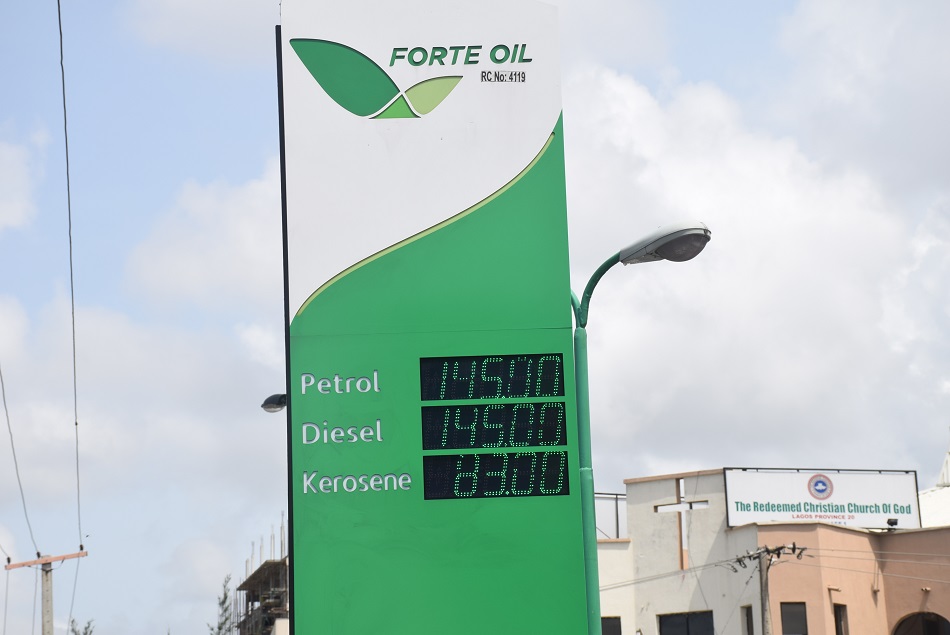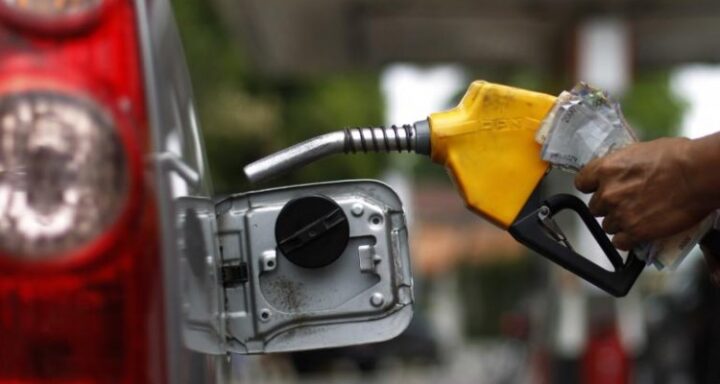By Ridwan Bello
Nigeria is set to “diversify” her oil fields! A statement recently issued by Ibe Kachikwu, Nigeria’s minister for petroleum resources declared that the country will commence drilling in the Chad Basin in the last quarter of 2016. The statement affirmed that the proposed exploration will increase the nation’s oil and gas reserves, add value to the hydrocarbon potential of the Nigerian Inland Basin, provide investment opportunities, create millions of new jobs and boost the economy.
Sounds good, isn’t it? More oil brings more jobs and more money. But then again, before we decide to invite the oil corporations, who are impatiently lurking in the wings, ready to deploy their rigs and drills to wherever the black gold flows anew, perhaps a little hesitation and the question “what has oil done thus far for the Nigerian people?” is worth considering. To put it in a language Nigerians will appreciate better: “who crude oil don epp?”
Contrary to being a “Eureka moment”, as the government would have us believe, the proposed commencement of oil production in the Chad Basin should be viewed with cautious optimism or even downright pessimism; and for good reasons. We have seen all too well that the point of discovery and exploration of a resource, especially a most-wanted resource like oil, is often a crossroad which either leads to future prosperity or irrecoverable downward spiral for the people concerned. More often than not, the latter is the case; and examples abound in history of societies where exploration of an abundant natural resource has led to less economic growth, less democracy, and worse development outcomes. In academic circles, the phenomenon is called the Resource Curse or the Paradox of Plenty. The democracy part of this “curse” is the proximate concern of this piece.
What harm could a few extra petrol-dollars do to our democracy, one might ask. Well, for an answer, look no farther than the oil-rich Niger Delta, where crude oil and the influx of “dough” it brings have made significant footprints on the region’s economic, social and environmental terrain. More importantly, it has thoroughly undermined democratic ideals in that region’s governance. Ordinarily, Nigeria runs – or more accurately put, claims to run – a democratic system of government. Now, I make no claim to be a seasoned political scientist, but I sure do understand that that system of government is one made of the people, by the people and for the people. Typically, such system of government creates societies where there is collectiveness and active participation in decision-making, protection of human rights, equity in resource distribution, among other things. However, governance in the Niger Delta has been anything but democratic, and crude oil has contributed more than a fair share to that.
Advertisement
How much the crude oil production has undermined democracy in the Niger Delta is exemplified by two key issues. First, the oil production in this region has brought with it a history of environmental degradation and serious violations of the human rights of local people. For decades, the Ogoni, Ijaw and other people in the Niger Delta have suffered egregious damage to their environment. In many communities, there are narratives of oil rendering people’s lands unfit for farming, rivers barren of fishes and water from wells unsafe for drinking. Occasionally, the local people have tried to stand up for themselves, their environment and their basic human and economic rights. But past Nigerian governments and oil corporations have responded by harshly cracking down on protestors. The trial and execution of environmentalist Ken Saro-Wiwa easily comes to mind here. Sometimes, the method of oppression is less forceful and more surreptitious. Oil companies act as a destabilizing force, pitting one community against another, or creating factions within communities by paying off some members to disrupt non-violent protests. Evidently, oil exploration is serious business, and these oil corporations do not just appreciate the distraction of frivolous activism from local communities!
Second, oil exploration has further broadened the scale of corruption, unfairness and inequity in resource distribution in the region. If we recall, in more recent years, attempts by local people to resist further deprivation got really nasty. Rebels and militants from the region began to take up arms against the government and oil corporations to resist further oppression, damaging oil installations, kidnapping oil expatriates and almost bringing the country’s oil industry to its knees. Up until a few years ago, the Niger Delta was a no-go area for anyone who does not look Nigerian; unless of course, you are prepared to spend a few weeks in some kidnappers’ den in the creeks and later cough out a few millions of Naira to secure your release. Even Nigerians were not spared, as rebels sometimes kidnap government officials or their relatives, in return for ransom; which one might say is fair game, given that these government officials corruptly enrich themselves with oil dollars. It took an amnesty in which juicy cash payouts and oil contracts were offered to these militants in return for agreeing to surrender their weapons, before normalcy could return. Those multimillion naira amnesty payouts were supposed to trickle down to the local people for whose welfare the militants claimed they were fighting. But does anyone really believe that crap? The popular belief is that the militants pocketed the largesse and left the local people to continue to wallow in abject poverty. Thus, not only have political office holders profited off the misery of the locals, local warlords have as well.
These are some of the influences that oil production has had on governance in the Niger Delta. It has created a sordid scenario where the human rights of local communities are trampled upon, their voices and yearnings are consistently unheard, and their fair share of the resources are siphoned by an opportuned few. And yet, they live in a democracy.
Advertisement
At this point, I suppose one could enquire as to what the emphasis on democracy in this oil production matter is really all about. I mean, with such huge fortune buried in the Chad Basin and literally waiting to be dug up, why should we care about freaking democracy?!
Well, here comes the good part. Thanks to the sagacity of the immediate past president, Goodluck Jonathan, Nigeria achieved a historic election last year when he peacefully bowed out after losing his re-election bid. To the rest of the world, that event heralded Nigeria as one of the shining lights for democracy in Africa. If the importance of that monumental election is lost on anyone, a look at the situations in some other African countries like Uganda, Zimbabwe, Cameroun, Equitorial Guinea and Angola – where incumbent presidents have held on to power, often despotically, for at least 30 years – should put things in perspective. But ours is a democracy that is very nascent and still very much growing, and anyone or anything that could potentially undermine it, in any part of the country, should matter to us.
Switch attention over to recent occurrences in that Chad region and North-Eastern Nigeria in general, and this concern for a democratic society becomes even more imperative. Already, that region is economically impoverished, socially underdeveloped and is only emerging from an extremely bloody and acrimonious terrorist crisis. Democracy – even the Nigerian version – has all but failed in this part of the country. That in itself is enough of an issue to contend with. Throw into that mix an oil-producing industry, and the enormity of the inferno that could erupt is tremendously terrifying. The picture of an ISIS-torn Syria, Iraq and Afghanistan floats around vividly, and worryingly, in one’s head. We have seen how oil production has contributed to battering and shattering democratic ideals in these countries. Why set up the stage for it to do the same in ours?
Advertisement
Views expressed by contributors are strictly personal and not of TheCable.
Add a comment






